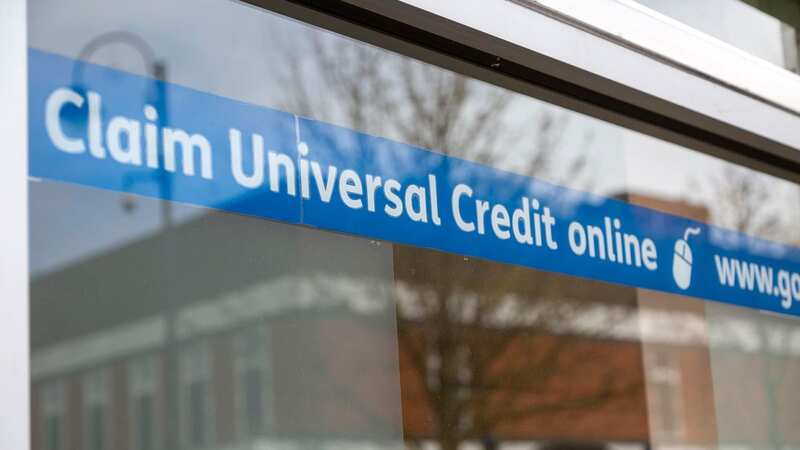Warning as 820,000 people could miss out on £900 cost of living payment

Thousands of people on Universal Credit could miss out on the £900 cost of living payment over the next year, the Institute for Fiscal Studies (IFS) has warned.
In a report released on Wednesday, the think tank said around 825,000 people could miss out on the payments because they earn "slightly" more than what you can to get Universal Credit.
It said this is because eligibility will depend on being on Universal Credit at least one month before each payment is due and if someone earns a bit more this particular month than they could miss out entirely.
As a result of this, the IFS said these people will end up with a lower monthly income than those in an "otherwise-identical" position who earn less.
 Those who have unpredictable earnings are most likely to potentially miss the £900 payment (Getty Images/Tetra images RF)
Those who have unpredictable earnings are most likely to potentially miss the £900 payment (Getty Images/Tetra images RF)The report also noted that around 200,000 households who miss out on the cost of living payment because they earn too much would actually be "better off" cutting their hours and receiving the £900 cash rather than continuing to work as they are.
 8 money changes coming in February including Universal Credit and passport fees
8 money changes coming in February including Universal Credit and passport fees
This is due to the Government failing to uprate benefits in line with inflation over the last two years.
As the Government did not increase benefits with inflation over the last few years, its "flat-rate payment approach" to dealing with the cost of living crisis benefits those who are just under the benefits cap threshold.
The IFS said this has created a "cliff edge" in the Universal Credit system.
It added: "Those with earnings just low enough to qualify for a small amount of Universal Credit get the full cost of living payment, while those with earnings very slightly higher – who are not entitled to any universal credit – get no cost of living payment."
This means a lot of people would actually be "better off" if they had a pay cut and would be "worse off" if they had a pay rise.
This is also made worse by Universal Credit's current taper system and these "cliff edges" could have been avoided if the Government had just upped benefits in line with inflation over the last two years rather than waited until now.
The report said: "Because ordinary benefits are tapered away gradually, rather than all in one go when income exceeds a certain threshold, simply uprating benefits in line with up-to-date inflation measures would have avoided these additional cliff edges in the system.
The IFS also claims more money is being spent overall than if benefits had been raised in line with inflation.
It said real benefit rates were 7.6% lower in 2022 compared with their pre-pandemic levels in 2019, and will be 6.2% lower in 2023 and two per cent lower in 2024.
Report author Sam Ray-Chaudhuri described the cost of living payments as a “crude patch”, which is “no substitute” for fixing the problem at the source.
 Warning as millions on Universal Credit could miss out on hundreds of pounds
Warning as millions on Universal Credit could miss out on hundreds of pounds
The IFS said the cost of living payments, despite trying to “plug the gap” will “actually result in the government spending around £2billion more on recipients of means-tested or disability benefits” in the next financial year than it would have had to if it had raised ordinary benefits in line with current inflation.
The IFS predicts that it won't be until April 2025 that "benefit rates will recover the ground they lost".
A Department for Work and Pensions spokesperson told Mirror Money: “This year we are increasing benefits and the State Pension in line with September’s inflation rate of 10.1% but we recognise the pressures of the rising cost of living, which is why we also delivered £1,200 of direct, targeted support to millions of vulnerable households last year, and will be providing a further £1,350 of support in 2023-24."
“In addition, our Household Support Fund continues to help people with essential costs.”
Read more similar news:
Comments:
comments powered by Disqus

































